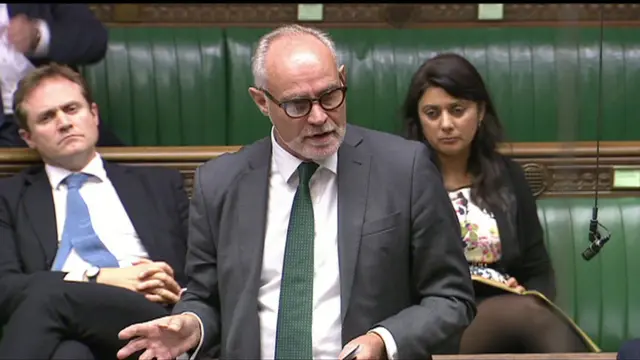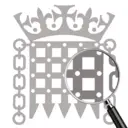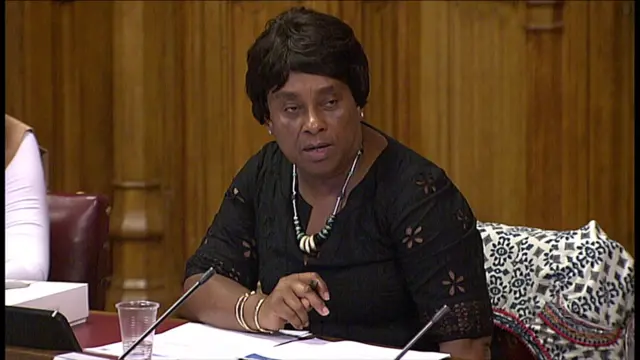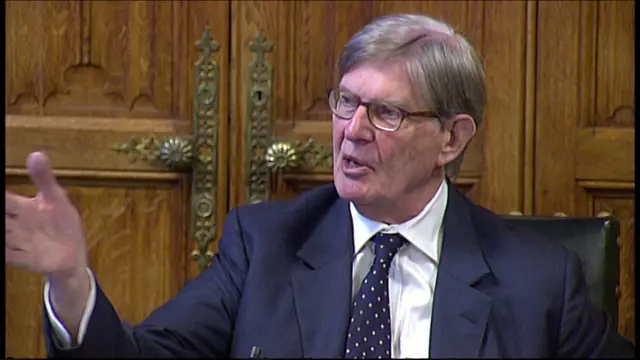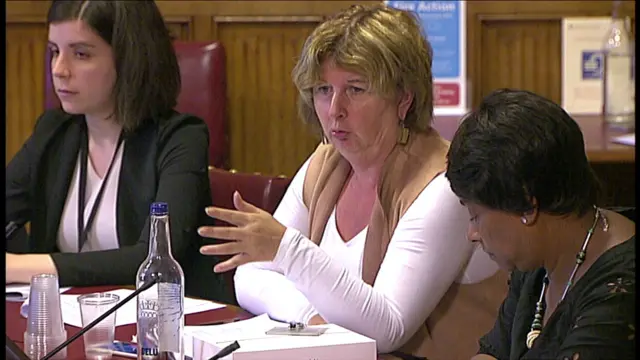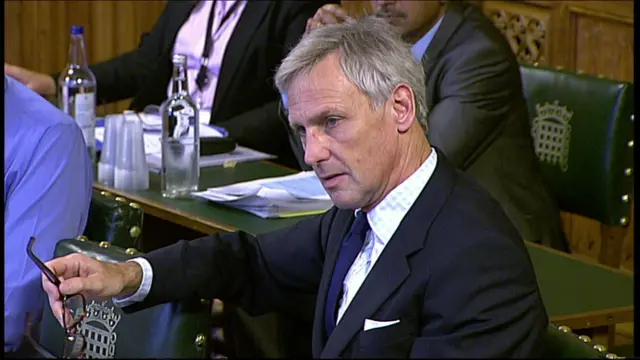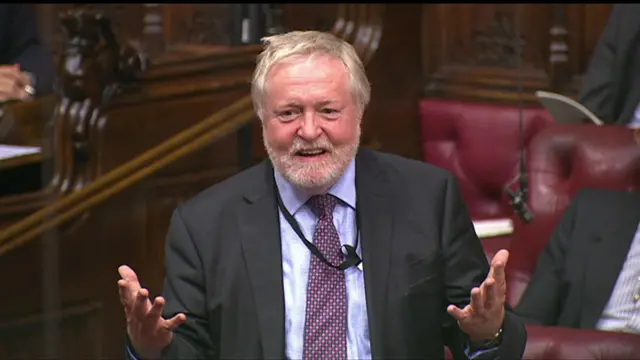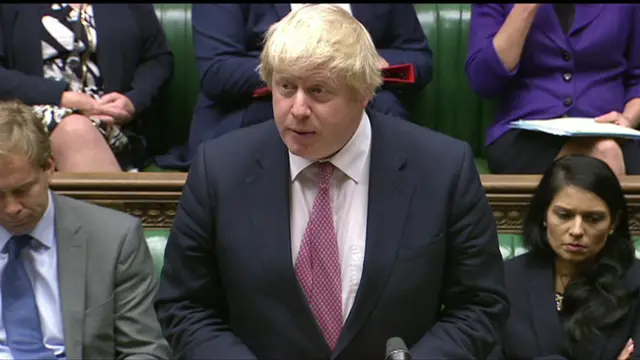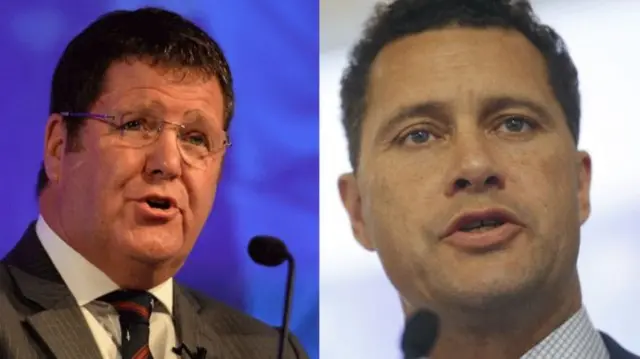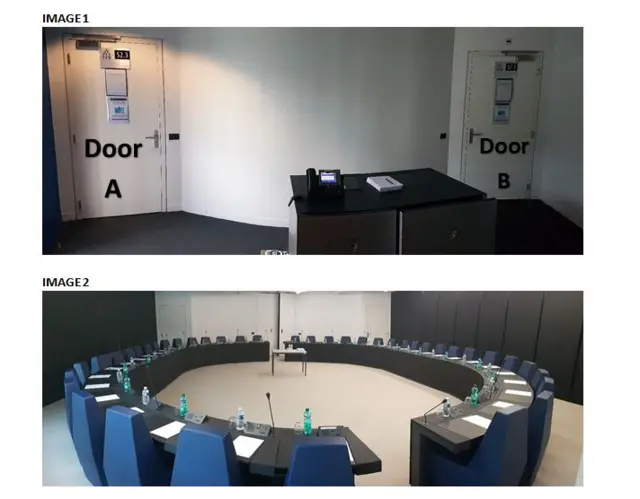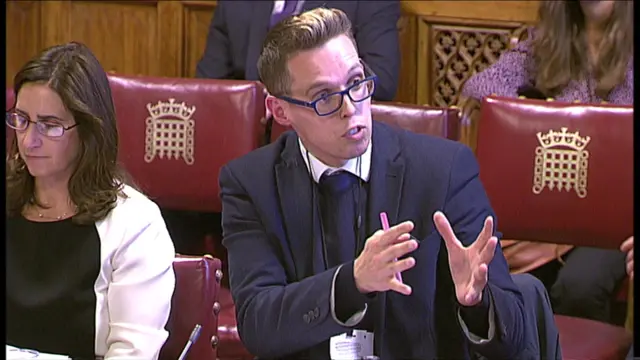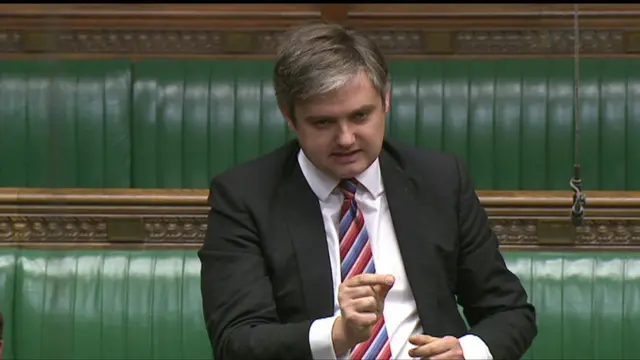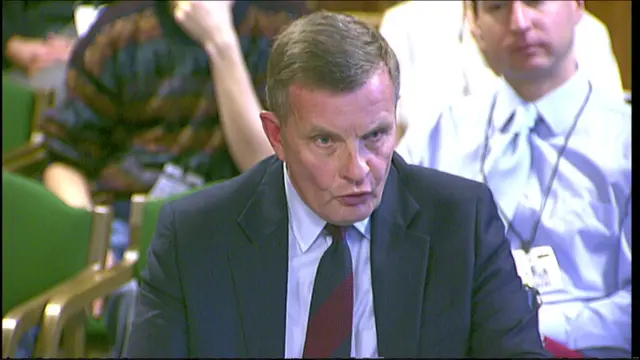Conservatives elected to Exiting the EU Select Committeepublished at 17:23 BST 26 October 2016
The Spectator's political editor tweets...
Allow X content?
This article contains content provided by X. We ask for your permission before anything is loaded, as they may be using cookies and other technologies. You may want to read X’s cookie policy, external and privacy policy, external before accepting. To view this content choose ‘accept and continue’.


